Researchers Discover New Cause of Inflammatory Bowel Disease
Researchers at the Francis Crick Institute, in collaboration with UCL and Imperial College London, have identified a new biological pathway driving inflammatory bowel disease (IBD).
This groundbreaking discovery could revolutionize treatment approaches for IBD, offering hope to millions affected by the condition worldwide.
Uncovering Dark DNA Regions
The team focused on non-coding regions of DNA, often called ‘dark DNA’. These regions don’t contain genes but play a crucial role in gene regulation. In a region of DNA previously linked to IBD, they discovered a key enhancer that dials up nearby gene activity.
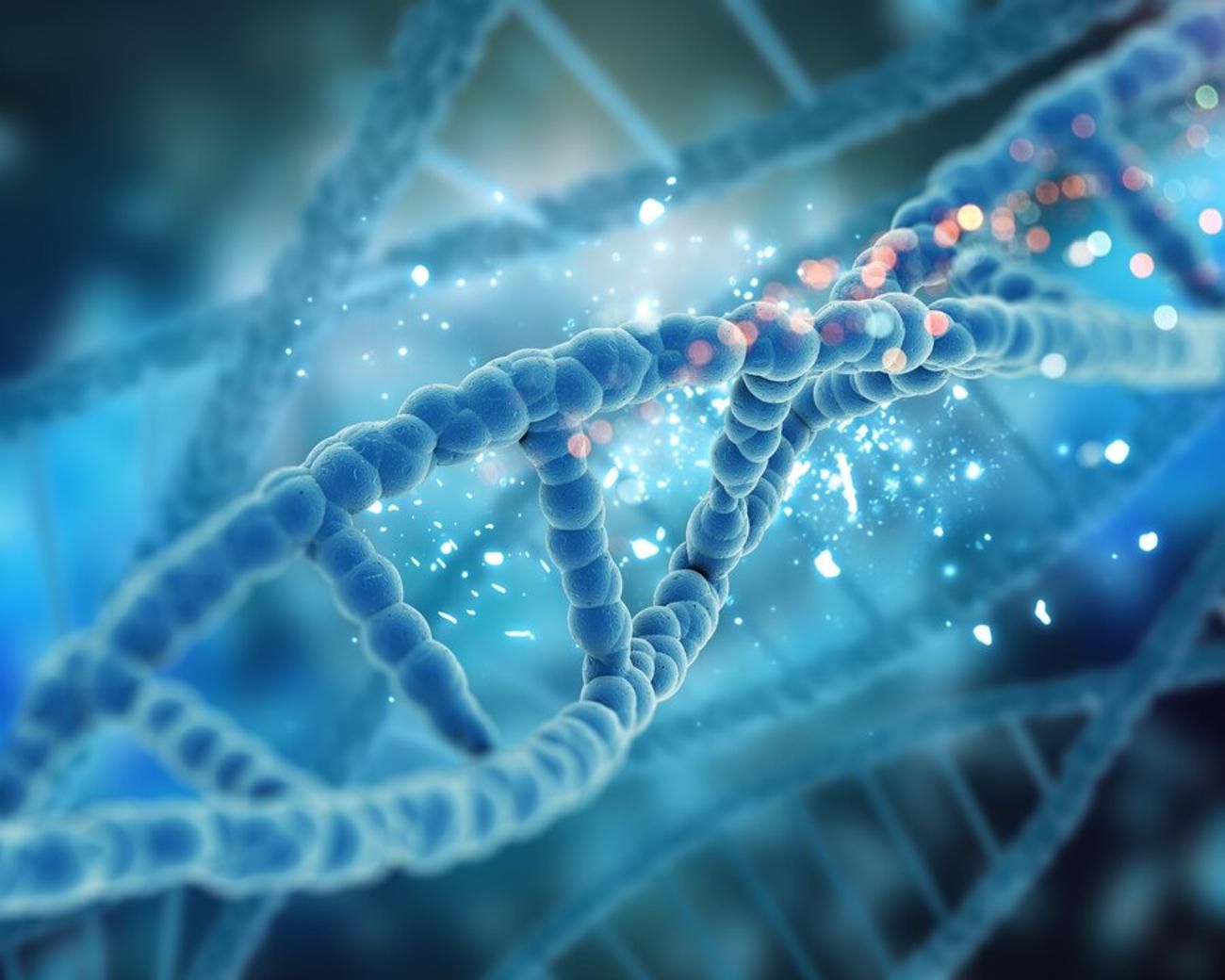
Source: Freepik
This enhancer boosts protein production, which is linked to inflammation and increased IBD risk.
The Role of Macrophages
This specific enhancer region was found to be active only in macrophages, a type of white blood cell essential in IBD. Macrophages play a significant role in the body’s immune response.
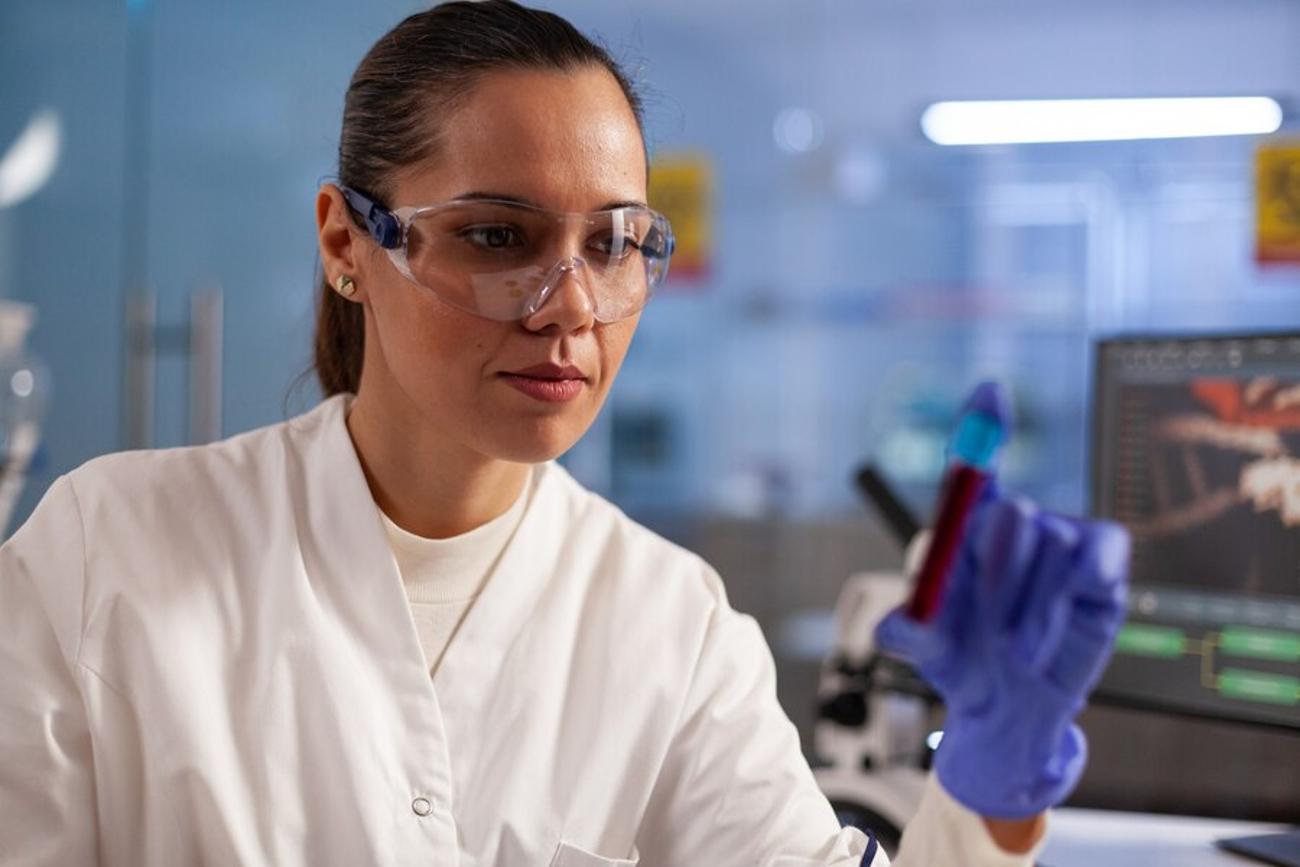
Source: Freepik
By boosting the activity of nearby genes, this enhancer increases inflammation, a hallmark of IBD. The discovery highlights the importance of macrophages in the disease process.
ETS2 Gene and IBD Risk
The enhancer region was found to boost the activity of the ETS2 gene. Higher ETS2 protein levels correlate with a higher risk of developing IBD. Genetic analysis showed that ETS2 is essential for almost all inflammatory functions in macrophages.
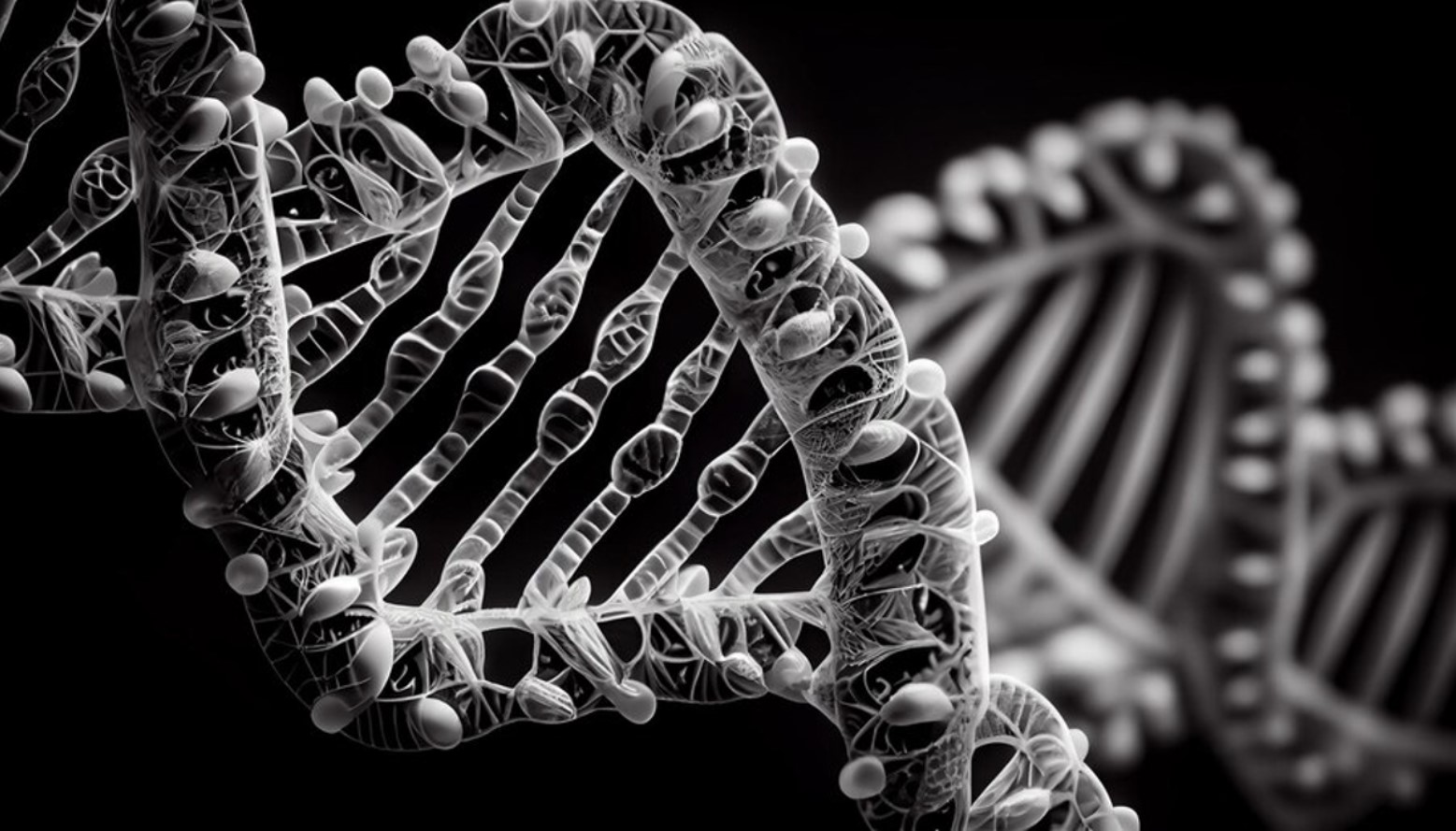
Source: Freepik
Increasing ETS2 levels in resting macrophages turned them into inflammatory cells, closely resembling those from IBD patients, making ETS2 a critical target for treatment.
Existing Drugs Show Promise
Researchers found that MEK inhibitors, drugs already prescribed for non-inflammatory conditions, could reduce inflammation in immune cells and gut samples from IBD patients. This is a significant finding as it suggests that existing medications could be repurposed to treat IBD.

Source: Alexander Grey/Unsplash
“Using genetics as a starting point, we’ve uncovered a pathway that appears to play a major role in IBD,” said James Lee, who led the research.
Addressing Side Effects
MEK inhibitors have known side effects in other organs, which poses a challenge for their use in IBD treatment. To address this, researchers are working with the British life science medical research charity LifeArc to develop targeted delivery methods.

Source: Freepik
These methods aim to deliver MEK inhibitors directly to macrophages, minimizing side effects and making the treatment safer for patients.
A Step Towards Better Treatments
“IBD usually develops in young people and can cause severe symptoms that disrupt education, relationships, family life, and employment,” noted James Lee. Better treatments are urgently needed, and this discovery is a significant step forward.
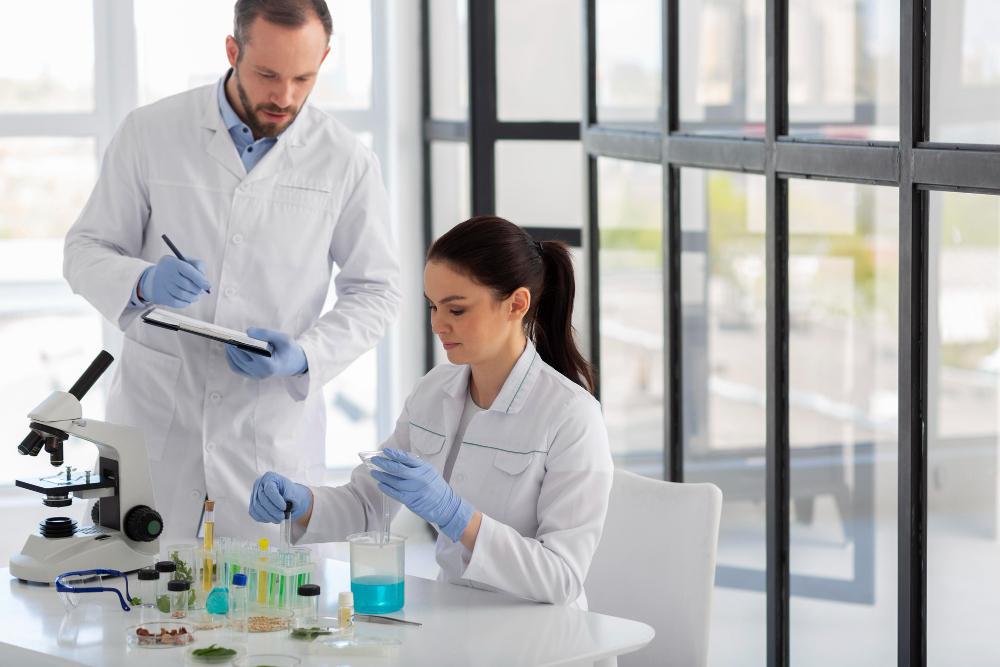
Source: Freepik
By identifying a major inflammatory pathway, researchers are paving the way for new, more effective treatments for IBD and other inflammatory diseases.
The Real World Impact
Volunteer participants from the NIHR BioResource, with and without IBD, provided blood samples that were crucial for this research. Their contributions helped uncover how this newly identified pathway affects individuals.
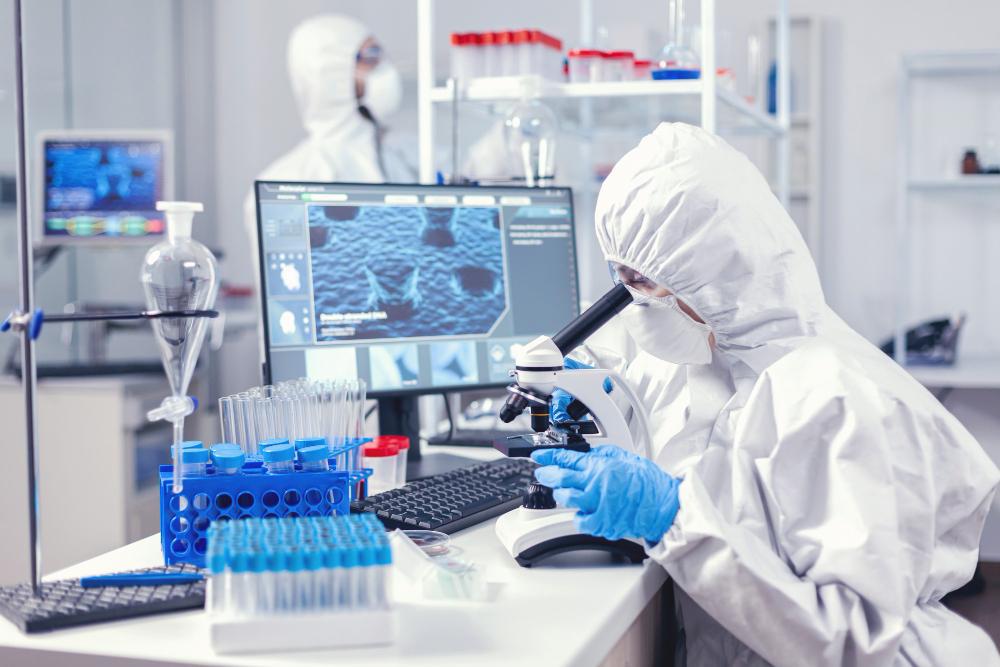
Source: Freepik
This collaborative effort highlights the importance of real-world data in advancing scientific discoveries and improving patient outcomes.
Excitement from Experts
Christina Stankey, a PhD student at the Crick and post-graduate researcher in Imperial’s Department of Immunology and Inflammation, emphasized the breakthrough: “To find one of the central pathways, and show how this can be switched off with an existing drug, is a massive step forwards.”
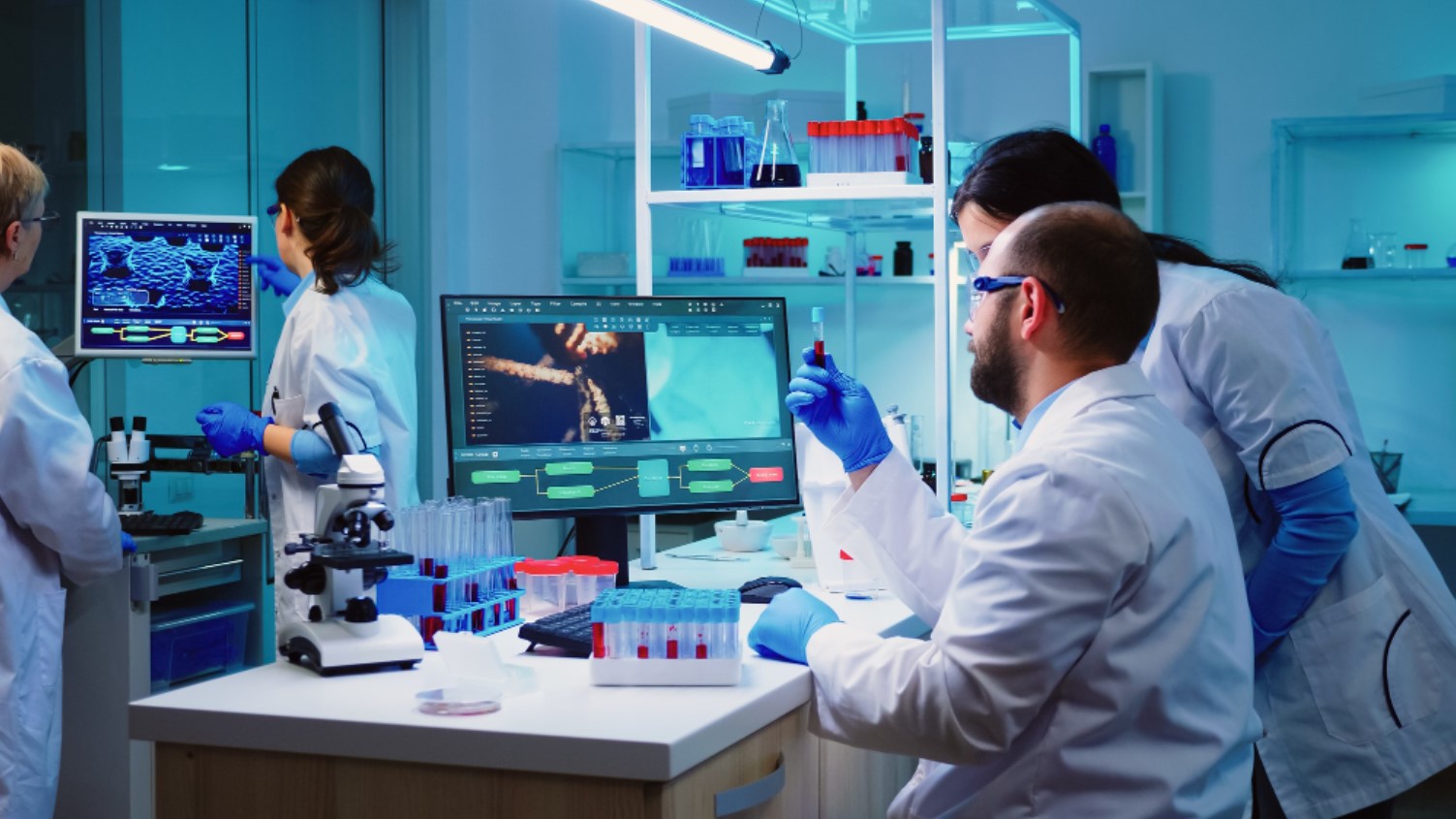
Source: Wikimedia
Her excitement conveys the potential impact of this discovery on IBD treatment.
Support and Funding
The research was supported by Crohn’s and Colitis UK, the Wellcome Trust, MRC, and Cancer Research UK. Collaboration across various institutions in the UK and Europe was crucial to the success of this study.
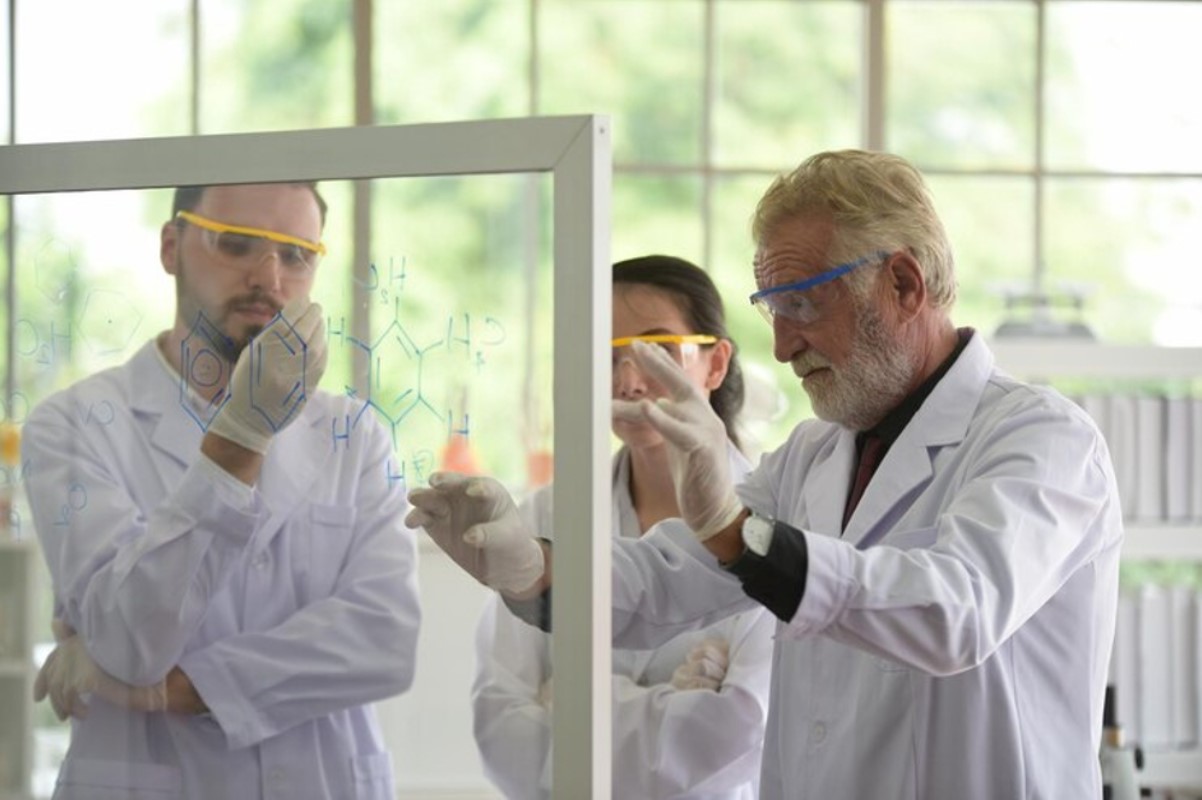
Source: Freepik
This widespread support and collaborative efforts highlight the importance and urgency of finding better treatments for IBD and other autoimmune diseases.
Patient Perspectives
Lauren Golightly, diagnosed with Crohn’s disease in 2018, shared her experiences: “Crohn’s has had a huge impact on my life. Learning about this research is so exciting and encouraging.”
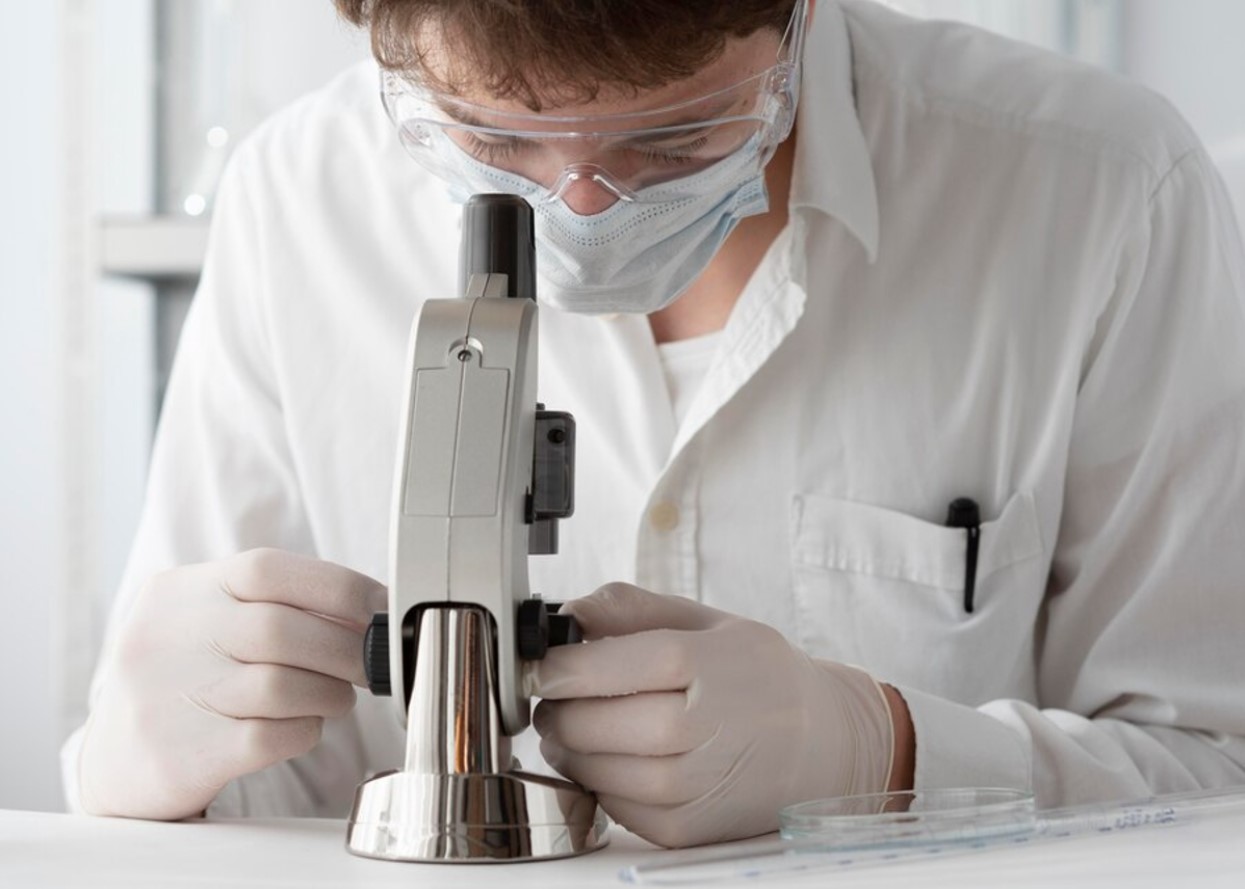
Source: Freepik
“I am hopeful this could potentially make a difference for myself and so many others.”
Future Directions
The next step for researchers is to ensure the safety and efficacy of MEK inhibitors for IBD patients. This involves further studies and clinical trials.
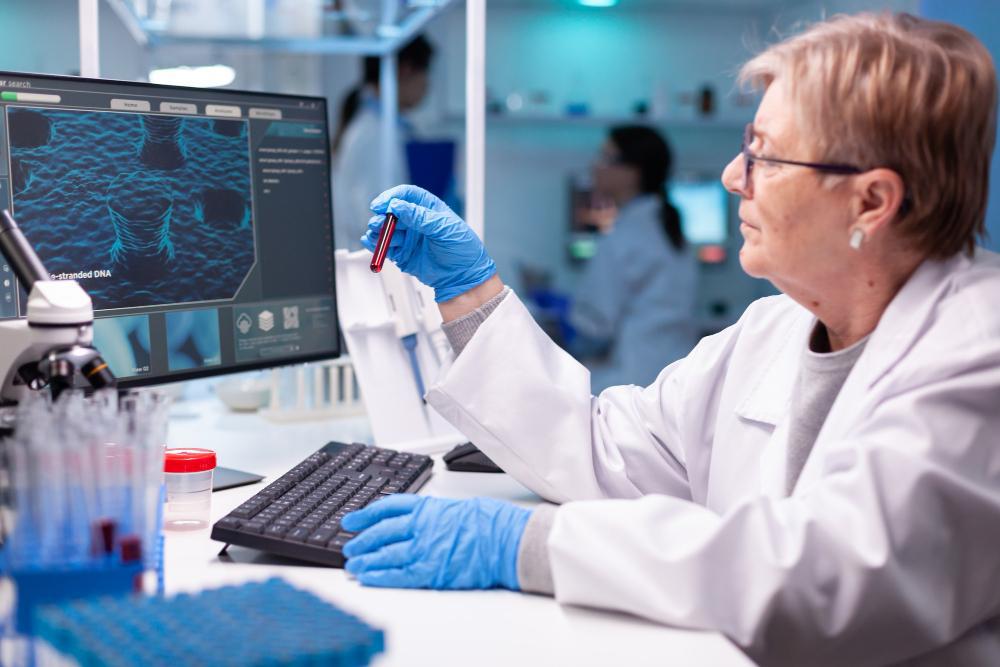
Source: Wikimedia
As researchers work towards targeted delivery methods, the ultimate goal is to develop safe and effective treatments that can improve the quality of life for those living with IBD.
